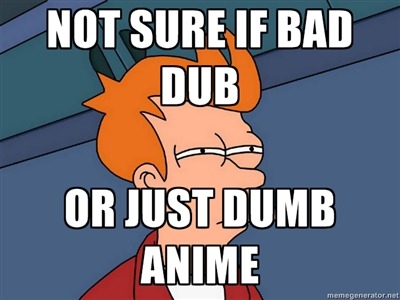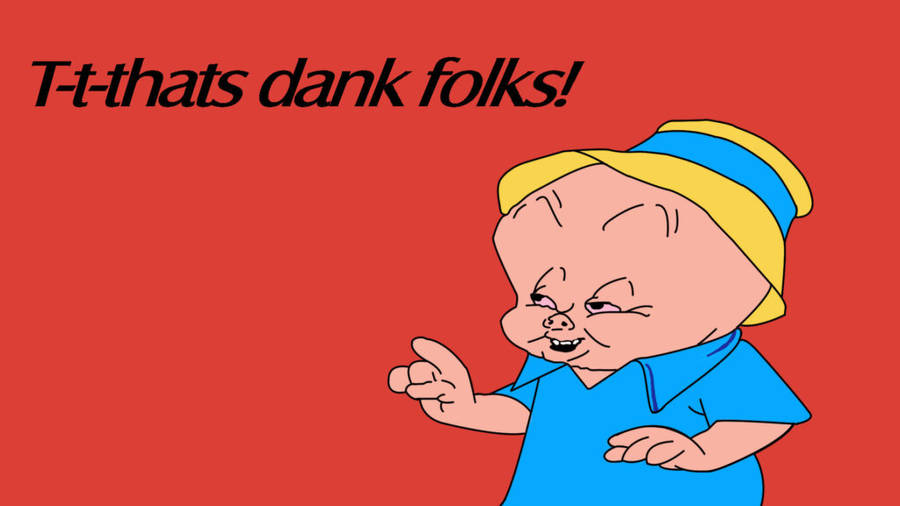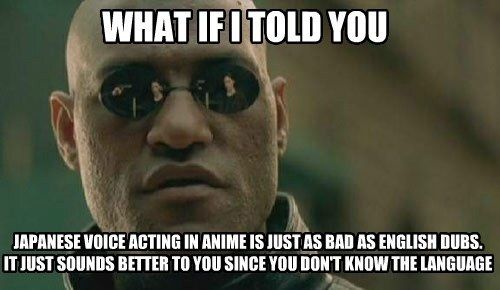Honorifics - Translation
Previously, I talked about the use of honorifics in the Persona series. The post wasn't specifically about how they used it but rather it was regarding a wider topic about why other shows or games don't use it. I'm sure there are some out there that do still keep the Japanese honorifics within English dubs but I sure as hell have not seen those yet.
I've read many discussions online regarding the use of honorifics in English dubbed media. To sum up most of what I've read, people seem to associate the want and appreciation of Japanese honorifics within English dubs to be the ambitions of 'weaboos'. I'm not going to go into the term 'weaboo' here but unlike some people, I find that term to be very derogatory regardless of whether it's used by fellow otakus or not. It's a cancerous word.
So, people say that only 'weaboos' like the inclusion of Japanese honorifics because they want to become more Japanese. I disagree. At the same time, I do not disagree with the notion that a good translation will remove all Japanese related terms. I agree with both and I like both. I like fully English translated versions of Japanese media because, well, it fits with my mother tongue. At the same time, hearing Japanese honorifics feels a little more genuine to the source material. So combining the two wouldn't necessarily be unfavourable like it is to most people.
That being said, I can imagine how it can go overboard, especially if the translators enter the business with the mindframe of catering to what they see as 'weaboos'. With every spoken sentence filled with a -chan or a -senpai. Heck, they wouldn't even replace -san or -sama. Like I said, both arguments have valid points but the only ones insulting the other party are the self defined non-'weaboos'. I really hate that term. And oh boy I really hate how 90% of people are so liberal with its usage.
I do agree that Japanese honorifics CAN sound out of place. I mean, have you heard English-speaking people pronounce Japanese names? Not all of them but most say it with a funny twang. However, when it comes to voice acting, I believe that voice actors are able to properly pronounce the words without such twang. In this respect, I don't think the honorifics would sound weird. It's a matter of whether or not you can adjust to that sudden inclusion in the English language I suppose.
Now, comparing the two most observable media: anime and video games. I think that the inclusion of Japanese honorifics would make more sense within a video game than an anime. An anime is a passive experience, wherein you just listen to the people speak and watch what's going on. In a game, you include yourself in the experience whereby you interact with the characters in-game and essentially go through the story with them.
An anime using honorifics would not lead to a better experience because even if it does feel more genuine, it doesn't really add much to the experience. Interacting with characters that use honorifics (or you yourself using it) within a video game however allows you to more readily adapt to the culture within the game. When I say culture I mean Japanese culture because if you take other Japanese games that do not actually feature proper Japanese culture like Final Fantasy or Tales, they don't actually speak with many honorifics if at all.
Harking back to my previous post about Persona, they used honorifics because it was a method of addressing the main character without actually using his name. Most other video games wouldn't need this. But this doesn't mean they shouldn't do it. Going by this argument, if you posted this on any discussion board on the internet, people are going to yell 'weaboo'.
But, after all, this whole thing is very subjective to the person on the receiving end of the video game or anime. In my conclusion, I'd say it should be included in some video games but left out in anime.






Comments
Post a Comment